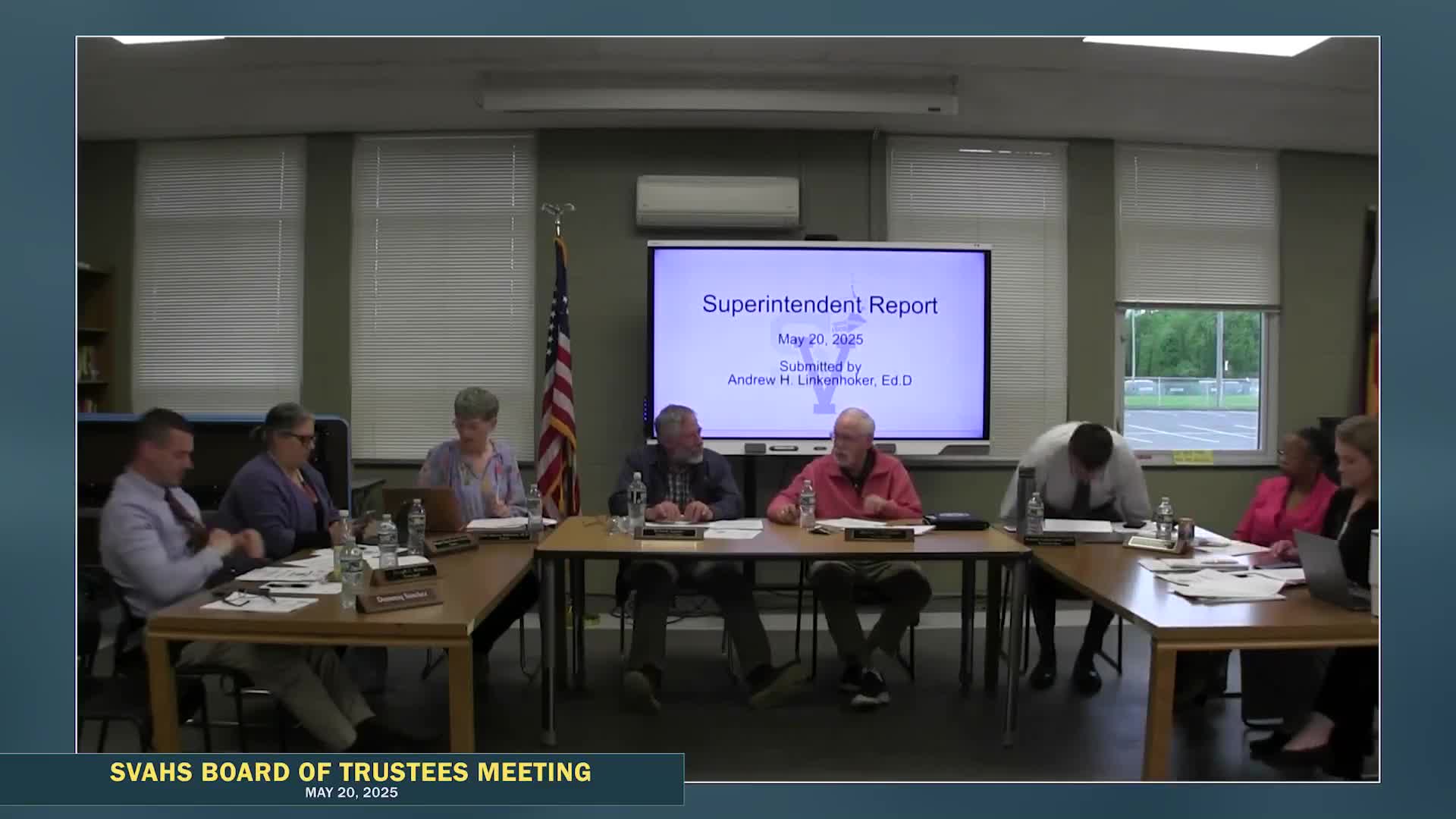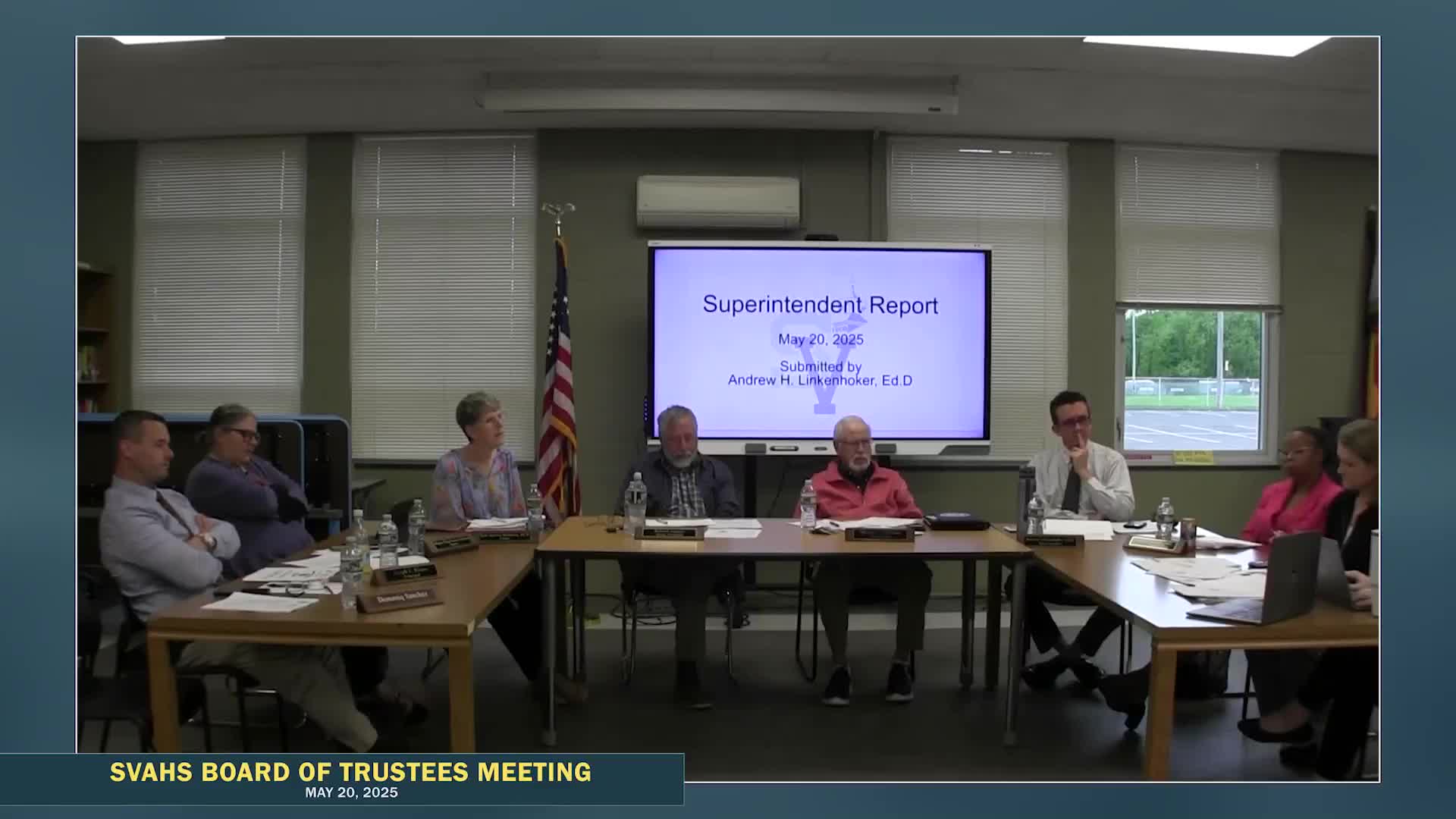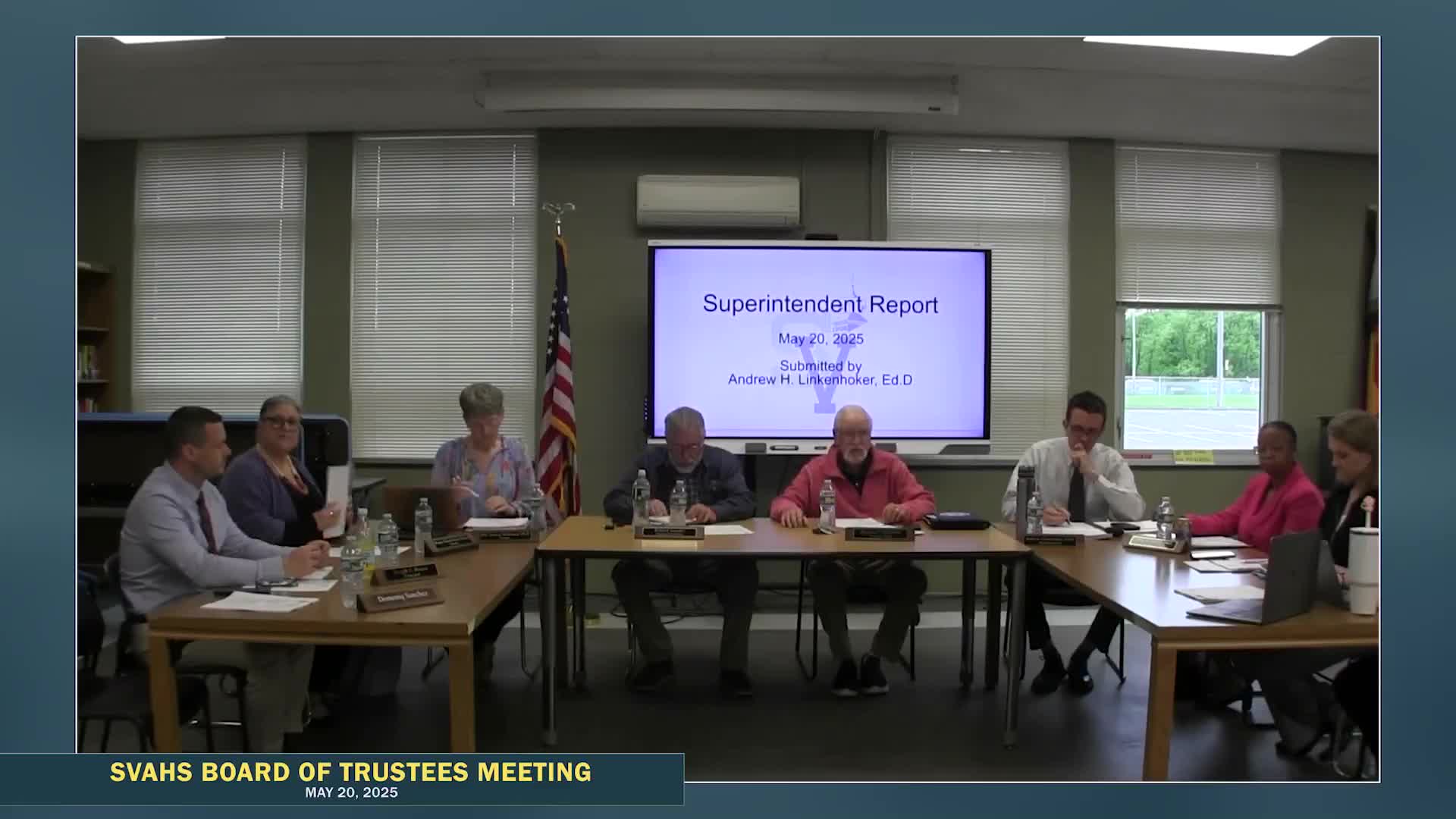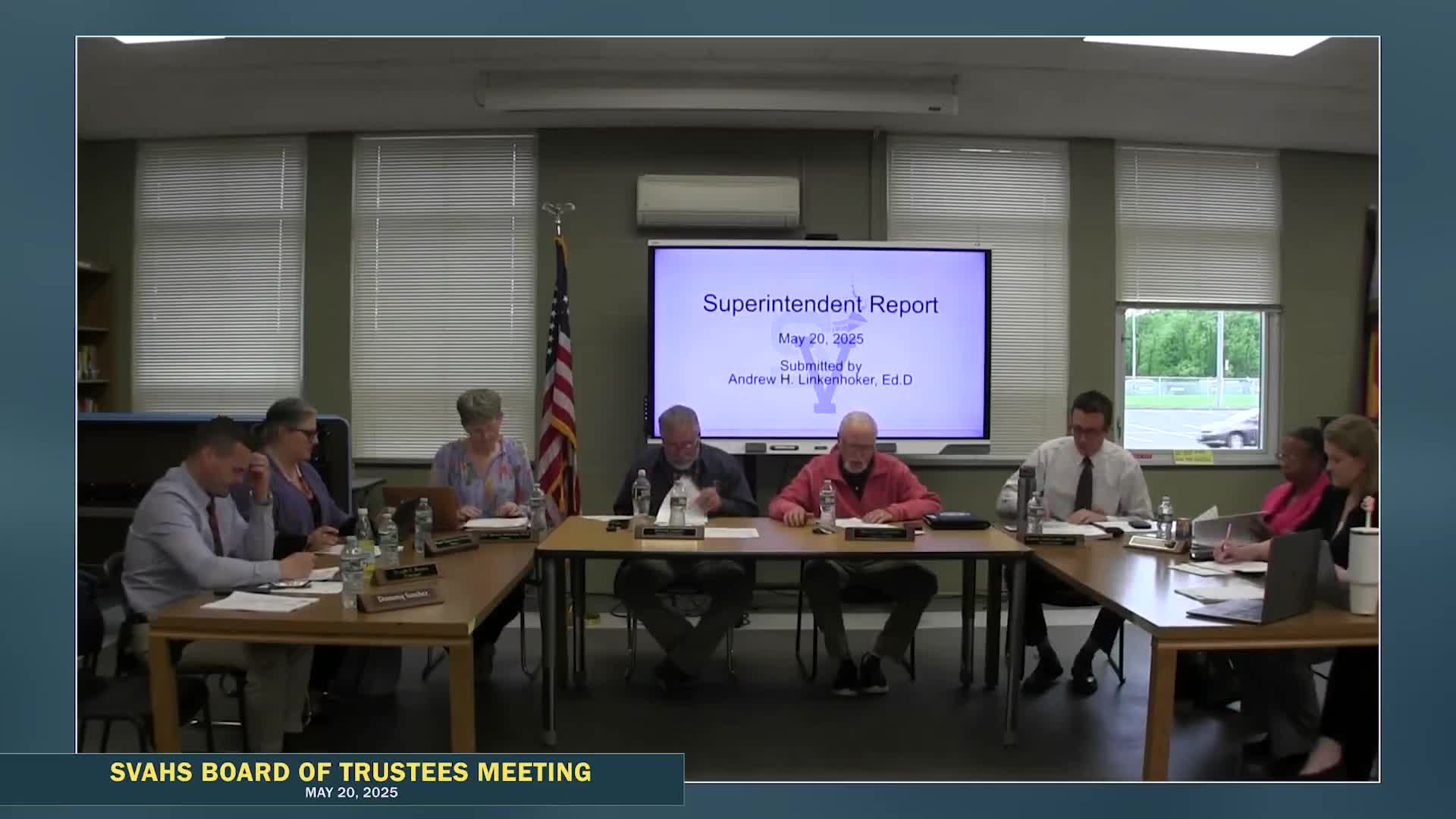Article not found
This article is no longer available. But don't worry—we've gathered other articles that discuss the same topic.

State supports weighted lottery; Smith trustees adopt district competency graduation policy

Trustees address horticulture building finish, contingency shortfalls and invasive plant costs

Resident asks Smith trustees to add Zoom and faster video posting for public meetings

